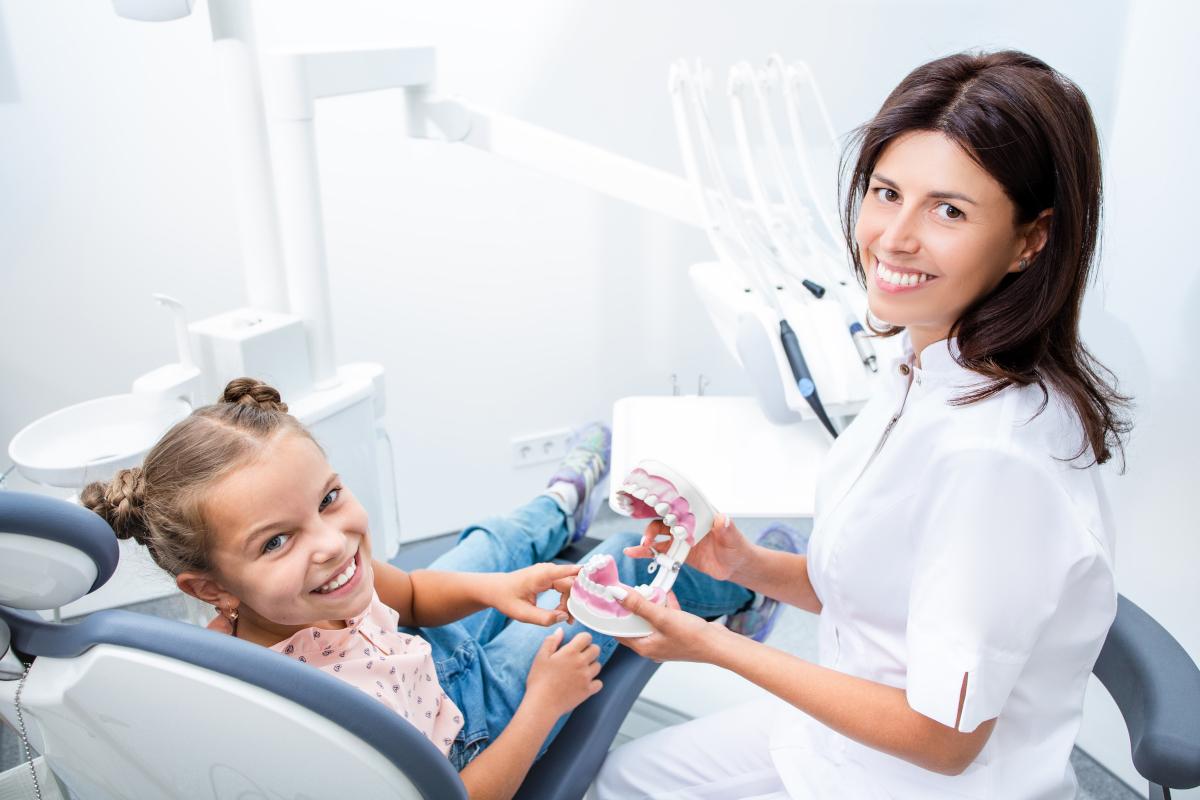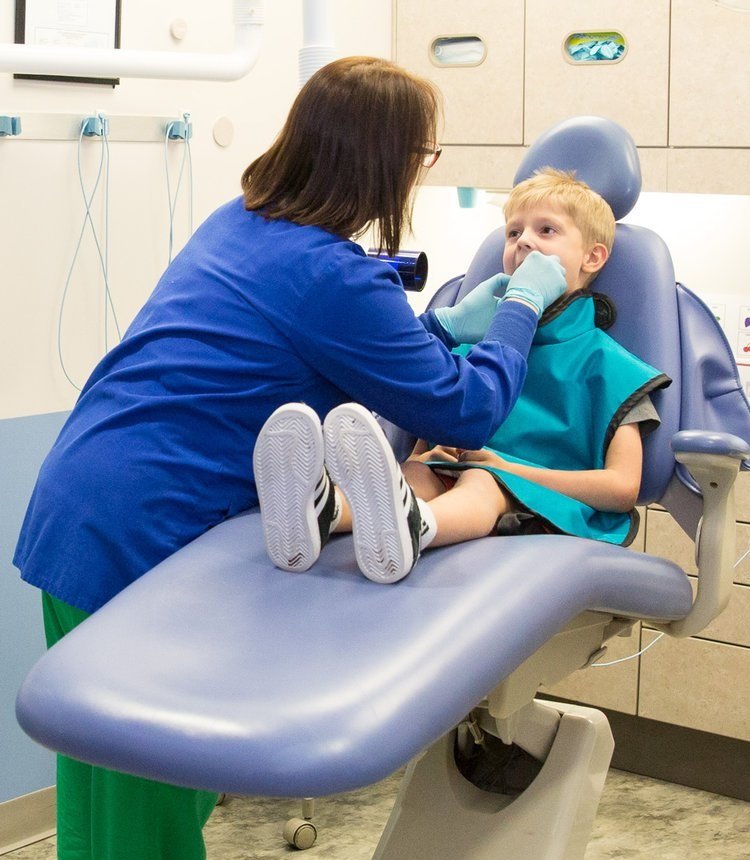Pediatric Dental Emergencies: What Moms And Dads Need to Know for Quick and Effective Treatment
In the realm of pediatric healthcare, dental emergency situations can emerge unexpectedly, leaving parents unsure of exactly how to take care of the scenario successfully. Understanding the indications, types of injuries, and immediate activities to take can make a significant difference in the outcome for a child's dental health. With a quick and appropriate response, parents can minimize potential lasting repercussions and ensure their child gets the necessary care without delay. By being prepared and notified, parents can play an essential role in safeguarding their kid's oral health.
Signs of Pediatric Dental Emergencies
When evaluating pediatric dental emergency situations, it is important for moms and dads to be alert for specific indications indicating possible severe concerns. Among the primary signs of an oral emergency situation in youngsters is relentless tooth pain that is not relieved by non-prescription discomfort medications. This might show an underlying infection or damages that calls for prompt focus from a dental professional. Swelling in the gums, face, or jaw area is one more warning that ought to not be neglected, as maybe a sign of an abscess or various other major oral condition.

Usual Sorts Of Dental Injuries
Usual kinds of oral injuries in children commonly arise from mishaps or sports-related activities that can bring about numerous kinds of trauma to the mouth and teeth. One common dental injury is a fractured tooth, which can vary from a minor chip to an extra serious break including the inner layers of the tooth. Another regular injury is a knocked-out tooth, where instant action is crucial to raise the opportunities of saving the tooth. Youngsters might additionally experience oral injuries like tooth invasion, where the tooth is pressed right into the jawbone, or avulsion, which is the total displacement of a tooth from its socket. In addition, oral injuries can consist of luxation, where the tooth is dislodged yet not entirely knocked out, or soft cells injuries to the gum tissues, lips, or tongue. It is necessary for moms and dads to be familiar with these common sorts of dental injuries to supply timely and ideal care in situation of emergencies.
Immediate Emergency Treatment Steps
Upon encountering a pediatric oral emergency, swift and proper very first aid measures are essential to alleviate discomfort and stop more problems. For a knocked-out tooth, advise the youngster to gently rinse the tooth with water, attempting not to touch the root, and location it back in the outlet when possible. If re-implantation is not practical, keep the tooth in a container of milk or the kid's saliva up until getting to the dental practitioner. In situations of a damaged or damaged tooth, wash the mouth with warm water and apply a cold compress to decrease swelling. A bitten lip or tongue should be cleaned up gently with water, and a chilly compress can assist alleviate discomfort and lower swelling. For things stuck between teeth, stay clear of making use of sharp devices Homepage and instead urge the child to delicately floss to displace the product. In all circumstances, it is essential to speak to a pediatric dental expert quickly for additional examination and therapy.
When to Look For Expert Help
Looking for punctual oral care from a pediatric professional is important in dealing with potential problems occurring from pediatric dental emergency situations. Moms and dads ought to seek expert assistance immediately if their child experiences severe tooth pain, face swelling, hemorrhaging that does not quit, a knocked-out long-term tooth, or any trauma to the mouth or face. These indicators show a significant oral concern that needs prompt attention from a pediatric dental expert.
Additionally, if a youngster experiences consistent tooth sensitivity to warm or chilly, trouble chewing or swallowing, or indicators of infection such as pus around the periodontals, moms and dads need to not postpone in looking for expert oral treatment. These signs could suggest underlying dental problems that need to be dealt with without delay to stop further problems.
In cases of oral emergency situations, it is critical for parents to get in touch with a pediatric dentist as soon as possible to make certain correct medical diagnosis and therapy - children dentistry oakland. Delaying professional assistance can lead to find here exacerbated oral issues and prolonged discomfort for the youngster

Protecting Against Future Dental Emergency Situations
To decrease the chance of future oral emergencies, parents need to focus on constant dental health techniques and regular check outs to a pediatric dentist for preventive treatment. Motivating kids to clean their teeth two times a day with fluoride tooth paste and teaching them the correct method for 2 mins each time can considerably reduce the danger of oral concerns. Flossing everyday is likewise critical to eliminate plaque and food particles between teeth, where a toothbrush can not get to. In addition, restricting sugary snacks and drinks can assist prevent dental cavity and cavities.
Normal check outs to a pediatric dental professional for check-ups and cleanings are necessary for very early discovery of any potential oral issues. These visits enable the dentist to keep an eye on the youngster's oral health and wellness, provide specialist cleansings to get rid of plaque and tartar accumulation, use fluoride therapies for included security, and deal guidance on appropriate dental treatment methods.
Conclusion
In verdict, moms and dads need to be conscious of the indications of pediatric dental emergencies, typical types of dental injuries, prompt emergency treatment measures, and when to look for professional assistance. By taking aggressive actions to stop future oral emergencies, moms and dads can ensure fast and reliable treatment for their kids. It is crucial to stay educated and prepared in order to take care of any kind pop over to this web-site of dental emergency situation that might occur.